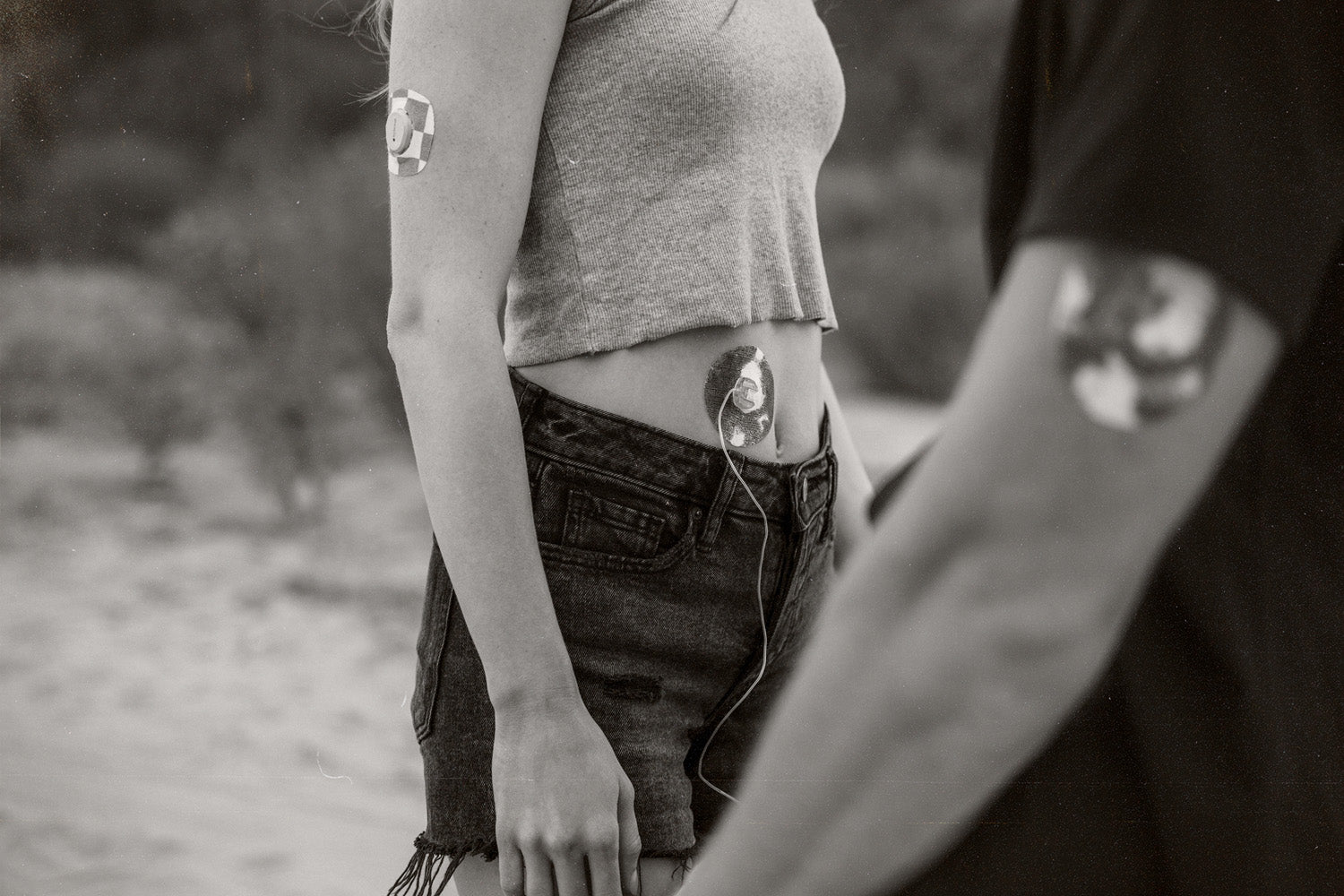
*Disclaimer: All content and information in this blog is for informational and educational purposes only.
Navigating mealtimes and blood sugars with type 1 diabetes can feel like an endless math equation. From carb counts to insulin dosing, it requires a lot of time, effort, and energy to keep blood sugars in range. In an effort to make mealtimes less stressful and time consuming, many people with diabetes end up following a keto diet by cutting out carbs from their diet. This approach can be really difficult to sustain long-term so before purging your pantry of carbs, here’s what you need to know:
What is the ketogenic diet?
The ketogenic diet is a very low carb, high fat diet. Carbohydrate intake is drastically reduced to about 20-50g of carbs per day. This puts the body into a state of ketosis where the body will start metabolizing fat to produce ketones as its main source of energy.
What’s the difference between Diabetic ketoacidosis vs Nutritional ketosis?
Diabetic ketoacidosis (DKA) is when blood sugars remain out of range for prolonged periods of time with an absence of insulin which results in the production of ketones. If DKA is left untreated, it can potentially be life-threatening. Nutritional ketosis is the result of a metabolism shift from using glucose (carbs) to ketones (fat) for energy. It can be difficult to discern whether ketones are being produced due to DKA or ketosis since both result in ketones. If you decide to follow a keto diet, make sure that your diabetes care team is aware as it can be dangerous.
What factors impact blood sugar aside from carbs
The claim to fame for the keto diet is that carbohydrate intake is severely limited. For many people with diabetes, it would make sense that reducing carb intake would result in a reduction of blood sugar spikes…if only it was that simple! There are a variety of factors that can impact blood sugar levels, but here are a few:
Saturated Fat
With the severe reduction in carbohydrate intake, people with diabetes are required to get their energy from another source. The main source of energy while following a keto diet is supplied from saturated fat. High-saturated fat intake can increase blood sugar levels and insulin resistance. This often leads to a blood sugar raise several hours after eating. Saturated fat often stays in the body for upwards of 10 hours which can lead to prolonged, stubborn highs for hours at a time (hello, pizza!!!).
Hormones
Menstrual cycle hormones can impact blood sugar levels throughout the 28-day timeframe. Each phase of the menstrual cycle has fluctuating hormone levels which can lead to significant glucose variability. You can learn more about how to track menstrual cycle hormones here to see how they are impacting your blood sugar levels.
Liver Dumping
Even in the absence of dietary carbs, the liver will release stored glucose into the bloodstream to give your body the fuel your brain (and other parts of your body) need in order to function. Typically with a keto diet, the liver releases more glucose into the bloodstream since it is not getting glucose from the diet which can lead to erratic blood sugars.
What are other methods for managing blood sugars?
Aside from cutting out carbs from your diet, there are plenty of other methods for managing your blood sugars that don’t require extreme lifestyle changes. Food pairing and nailing down your baseline rates can be a good starting point by helping you find balance and flexibility with your diabetes management.
Want to hear about how fellow T1D community member Anna made the switch from keto to carbs while improving her blood sugars? Check out Keeping it 100 Radio: Uncensored Diabetes Conversations Episode 53: From Keto Life to Carb Life: Finding Your Nutritional Balance with Type One Diabetes with Anna Williams. Available now on Spotify and Apple Podcasts.






























